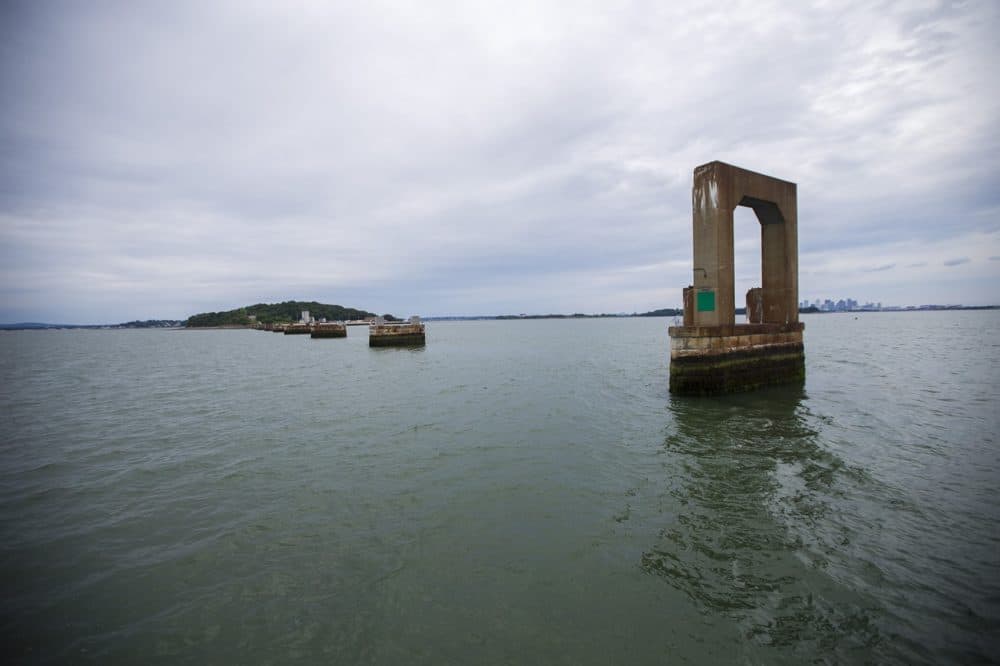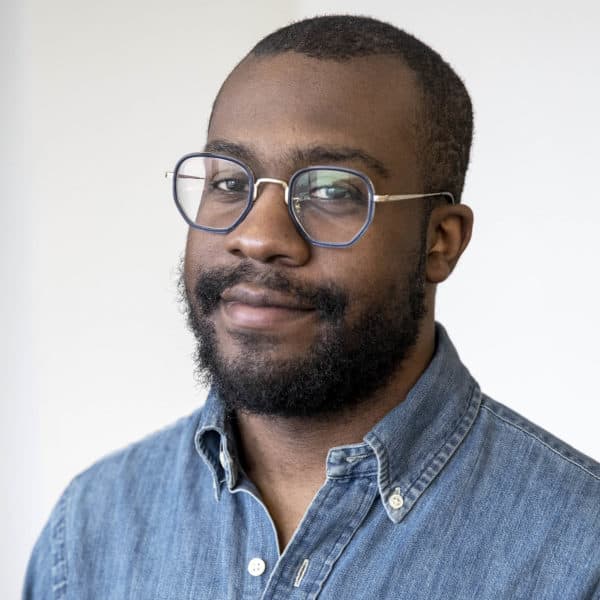Advertisement
Court Denies Tribe's Request For Environmental Review Of Long Island Bridge Project
Resume
Boston's effort to rebuild a bridge from Quincy to Long Island, with the goal of reestablishing substance abuse treatment there, has been held up by a litigation with Quincy. But a second legal challenger has been turned away by the courts.
Suffolk Superior Court Judge Robert Ullman on Monday ruled against a Chaubunagungamaug Nipmuck request to allow the tribe to intervene in the litigation between the two cities.
The tribe contends that there could be ancestral artifacts or remains on the island. According to many historical accounts, the Boston Harbor Islands were used centuries ago to imprison indigenous people.
Ken White, chairman of the Chaubunagungamaug Nipmuck Indian Council, said he believes remains could be there.
"If there's graves there, we want them protected," he said. "Listen to what the tribes have to say. Don't leave them out. Include them in everything that has to do with excavations. We want to be included."
City officials in Boston say they're aware of the possibility that history could be buried in the soil of Long Island, but that it shouldn't interfere with efforts to restart the substance abuse treatment there.
It's a plan long-championed by Mayor Marty Walsh to stave off the damage of the opioid crisis that has spared nowhere, including Boston.
"We need to make sure when somebody's ready to come into treatment that we have an opportunity for them to get into something that's going to work," he said during a trip to Long Island in September. "That's what we have to create."
Addressing concerns of indigenous people, Walsh said the plan is to use already-existing facilities and not break ground on any new development.
"We've asked that question of that group. No one seems to have an understanding if it's true what happened," Walsh said.
That's why the Chaubunagungamaug Nipmuck Tribe wanted what's called an environmental impact review--to make sure nothing sacred was built on and to protect and preserve artifacts yet uncovered.
But Boston officials have a different approach. Sammy Nabulsi, a lawyer for the city, says they're waiting on permits.
"We're going through a permitting process at the Massachusetts Historical Commission to perform an archaeological survey to find to out if there are artifacts, human remains that could be affected by the project," he said. "The city of Boston completely and totally shares in the interest with the tribe."
And city leaders, like Chief of Services Marty Martinez, insist a treatment center on Long Island would benefit indigenous people.
"As much as we want to respect and value the history, we also know that community is also greatly impacted by addiction," he said back in September on the tour of the island with the mayor. "We've brought them to the table to help understand what are the unique needs that Native Americans may have around our addiction services and programming."
Yes, the community is disproportionately affected by opioid addiction, said Jean-Luc Pierite, of the North American Indian Center of Boston, which is working with the Chaubunagungamaug Nipmuck Tribe.
"But any development that happens on that island has to be respectful of the burial grounds," he said. "We're not opposed to the recovery campus."
The tribe wants to be able to have a say in what is respectful.
This article was originally published on February 24, 2020.
This segment aired on February 24, 2020.
